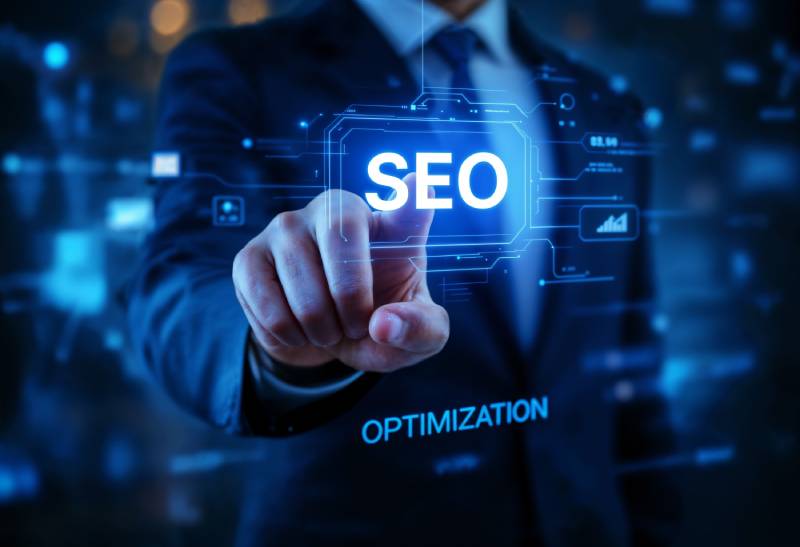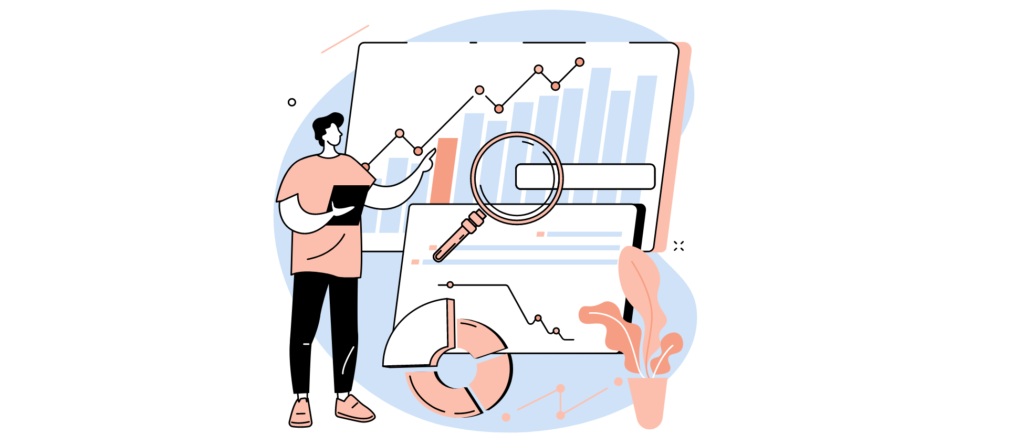
Off-page SEO is another way to help rank a page in Google for a particular word or term. This term is used to classify any digital marketing efforts about Search Engine Optimisation, or SEO, done off the website. As with any SEO strategies and campaigns, these efforts improve a website’s search ranking results.
Fundamentals of Modern SEO
In the world of digital marketing, we have a bad habit of overhyping on-page SEO. While it is indeed a crucial component of optimisation, it is only one piece of a bigger puzzle.
And maybe there is a reason we want to avoid talking about the work behind the scenes! After all, off-page SEO is much more time-consuming and complicated than on-page SEO. The content that goes onto your page, as powerful as it may be, will only get you so far.
As they say in the world of public relations, you need to spend 20% of your time creating content for your site and the other 80% of your time promoting it. While the precise number of hours may vary for you, it is crucial to keep in mind that you need to spend more time away from your page promoting it than optimising the site itself. This is where off-page SEO comes in.
What Is Off-Page SEO?
To get your content to rank higher on those all-important search engine results pages (SERPs), it is essential to do more than write great content. Everything that you do to promote your pages outside of your website, like social media, link building, and PR rounds, are all important aspects of SEO.
Why Is Off-Page SEO Important?
Despite the changes and improvements made to search algorithms and ranking factors, it is believed that the relevance and authority of websites are a mainstay in determining a page’s ranking.
Google may never fully reveal its algorithm and ranking factors, but its focus has always been on researching keywords.
Let’s take a closer look at each one of these components and the current best practices.
Off-Page SEO Strategies and Campaigns
A backlink is an essential aspect of off-page SEO. Backlinks have been a crucial part of search engine metrics. These links from one website are crucial for assigning, sharing and providing site authority. Links from other pages to your act as “signals” for a search engine to know your site is relevant and has authority, as other webmasters are linking their website to yours and directing their readers to your web page. This is a sign of authority and webpage ranking strength.
Everyone has their opinion on the best backlink checker and there isn’t a single gold standard. A few popular options to check your backlinks include Google Search Console, MOZ Link Explorer, and SEMRUSH Toolkit for Backlink Analytics. By looking at where you are currently getting links from, you understand what’s worked so far and build a plan for moving forward.
Effectively, there are three types of links:
- Self-Created Links. These links are added manually and can exist as profile and comment links. Online directories, comments, and forums carry these types of links. Some self-created link-building methods border on the link of black hat SEO. Hence it is advisable to proceed with caution.
- Partnership Links. Partnership links involve a form of outreach to clients to get a link from their website to yours. This can be done through affiliate marketing or guest posting. Partnership links act as a win-win situation to share PageRank and organic traffic.
- Organic Backlinks. You can attract organic backlinks through well-written high-quality content, meaning that other websites link to your website out of their own accord, without your marketing or outreach effort.
One of the most effective ways to slowly grow your website’s expert status and authority in your industry is through blog posts. With content, you can leverage it easily for off-page SEO campaigns.
For example, when you create informational and valuable content through blogging, you can submit your informational blog to different directories and social platforms to attract more readers.
Social platforms and informational sites will quickly pick up good content that will benefit their readers and automatically drive their links to your site. One of the advantages of a blog is that you have the freedom to post and have readers share via social media.
Relevant Read: Complete Guide to Understanding SEO
Backlinks exist as the most effective off-page SEO strategy. To create backlinks, not only does the number of backlinks (number of unique referring domains) matter, the source and quality of those links (link authority) matter just as much.
A toxic backlink could end up harming your site more than you can recover from.
Hence, it is always wise to be careful about backlinks.

Social Media Signals
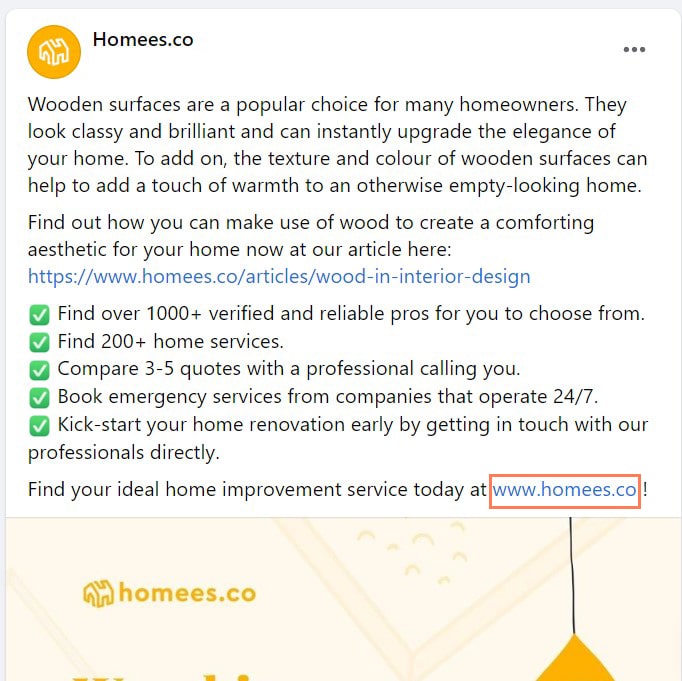
Social media can draw significant traffic for companies, especially B2C businesses.
Social media can pass authority value and “SEO juice” back to your leading site, giving you more momentum for your SEO campaigns. Social share is a metric that is commonly speculated to affect SEO. It refers to the number of times the URL is shared on social networks.
On its own, social media also exists as a marketing channel.
The potential for social media marketing is limitless, and businesses can generate a significant sales volume just by having a solid social media presence alone.
Forum Posting
Being actively involved in forums related to your niche or in forums your target customers appear in allows your presence to be felt and allows you to create greater brand awareness.
The main benefit of this more significant presence is that it draws traffic to your site (be it through backlinks to blogs or home page), and it ultimately tells Google that your site has what the people are looking for.
This increases your relevance and thus page and site authority. Forums offer a platform for communication and showcase expertise and authority in a particular niche as forums educate viewers more often than not.
While this method has been one of the surest ways to draw in the right traffic and ideal customers, market research is key to appearing in the right forums and getting in front of the right audience.
Business Listings
As defined by Moz any local search marketing campaign’s is creating local business listings. A local business listing is an online profile that contains your business name, address, phone number, and other details.
There are many websites and directories where local business owners are allowed to create free business listings. You may already have heard about Google+ Local, Yelp, Bing Places, Internet Yellow Pages, and Yahoo! Local.
Local listings help you become visible on the web, with each listing giving you traffic from its various directories.
Hence, the more places you are listed and the more visible you are, the more these indexes trust the accuracy of your business data, and this increases your chance of ranking well in local searches.
Brand Mentions
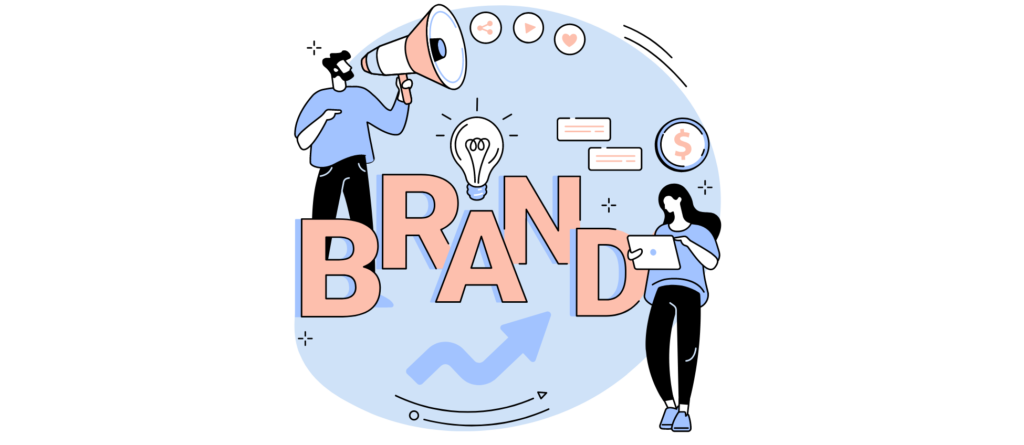
Google mentioned how unlinked brand mentions could contribute to a site’s SEO.
Unlinked mentions do not carry the benefits of redirecting traffic, and PageRank as a linked mention does. Being unclickable, unlinked mentions are worthless in the SEO context but still carry weight for off-page SEO campaigns.
Nevertheless, it may be worth your time to reach out to websites, most commonly through email marketing, that makes unlinked mentions and asks them to change them to clickable links. Effectively, you have transformed an unlinked mention into a linked mention and a backlink.
What are the crucial elements to take into account when performing off-page SEO?
Several off-page SEO considerations to take into account are listed below:
Below are some of the off-page SEO factors to consider:
- Domain Authority
- Relevance
- Site Traffic
- Link Type
- Domain Authority
Moz developed the measurement metric or score known as domain authority to provide an overview of a site’s performance. It’s crucial to take domain authority into account while doing off-page actions. Domain authority, sometimes known as DA, is a measure of a website’s quality. When a backlink with a do-follow link points from a website with a higher domain authority to a website with lower domain authority, the lower DA website benefits from a higher page rank and better SERP positioning.
What Is a Good Domain Authority?
As you research the domain authority of your site, the ranking of your competition, and potential partners in promos, you are going to find a sea of numbers and accompanying stats. While each authority check may show you a slightly different number, they will generally be within the same range. So, what’s considered a good domain authority?
Average Domain Authority: 40-50
Good Domain Authority: 50-60
Exceptional Domain Authority: 60+
It’s worth noting that getting backlinks from a page with under 50 domain authority isn’t a bad thing. These links won’t hurt the authority of your site at all. However, if you’ve only got a limited amount of time to create something like guest posts or write outreach emails, it’s not worth spending a lot of your time on these lower authority sites.
Your best strategy for 2023 off-page SEO is to focus on getting as many high-authority sites to link to you as possible. While it’s great to have a high-authority site that will regularly feature links to your site, it’s best to have diversity. One link on ten high authority sites is far better than ten links on one high authority site.
- Relevance
The relevance of these sites to the one you want to link to is more significant than getting links from higher DA sites. For instance, it won’t make sense if a high-DA fashion company links to your website, which is all about auto dealerships. Too many irrelevant backlinks can cause algorithms to penalize you.
- Visitor Numbers
When engaging in off-page activities like forum posting, blogger outreach, etc., it’s critical to know the traffic volume these websites and individuals can send your way. For instance, if you want to participate in blogger outreach or form submission, you can use a Chrome extension like SEO Meta in Click to check the website traffic. You can move forward with the activities once you’ve determined that the site receives a significant enough amount of traffic.
- Type of links
When performing link building or off-page activities, we can create two types of links. As previously explained, these are dofollow and Nofollow Links.
Off-Page SEO Link Types
· Natural Links
Natural links are those that other bloggers, web admins, or site owners direct links to because they think the information on your Web page will be valuable to their readers and add significantly to the worth of their site or page. Sharing content with other website owners only comes organically when it is first-rate, high-quality, and authoritative in the relevant subject.
· Built Links
Built links are manually gathered links that take a lot of work. To feature your work through links or guest blogging, one must spend time and effort contacting other site owners, web admins, and bloggers. You need to be well-known and have a broad market reach to gain built links.
The Basics of Effective Link Building
Link building is one of the best things that you can do to build your online presence. Countless companies can thank one great link for much of their online success. When a high-quality popular website features a link to your website, everything changes. Your rank on SERPs will skyrocket when a prominent page features you.
The more good quality links that your website has, the higher it is going to rank on Google and other search engines. That means that not only do links bring you the readers of other sites, but everyone who searches for your keywords in the future is more likely to find your site.
· Created Links
As the term implies, manufactured links are made by the website owner to trick search engines into believing that they are relevant and significant. Self-created links can take many forms, such as blog comments or forum backlinks. Both excellent and negative backlinks can impact your SEO rankings.
Benefits of Off-Page SEO
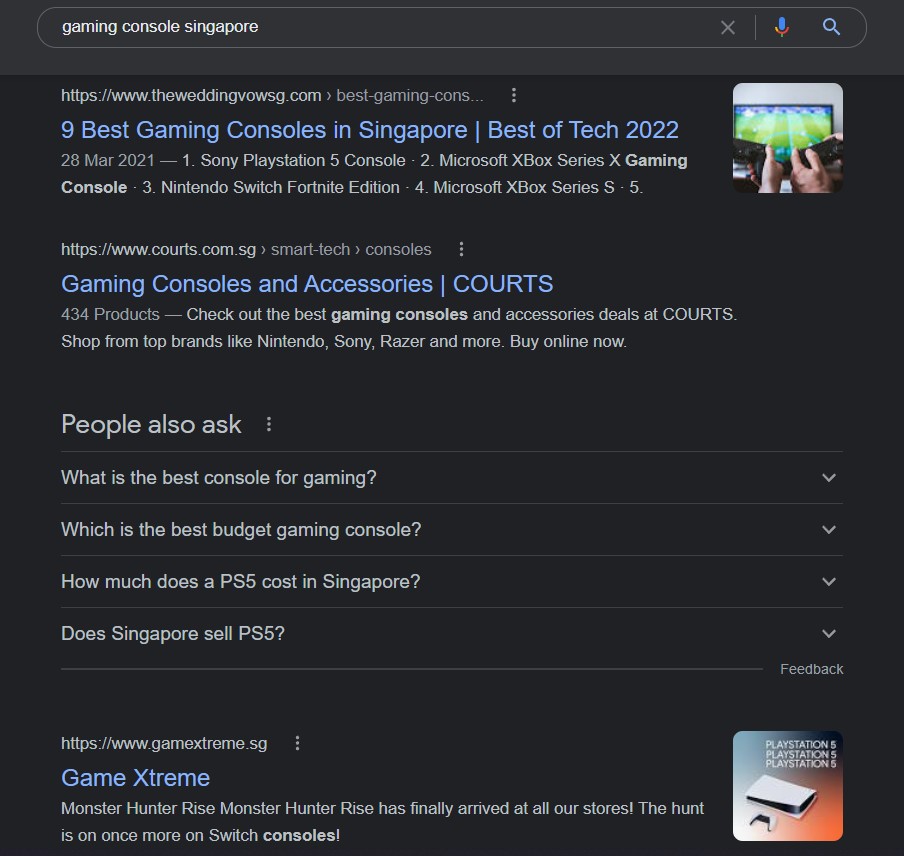
The following benefits of off-page SEO are specific and should be considered while developing a strategy:
- Increase in Rankings
Through off-page SEO, brands can improve their rating of SERP (Search Engine Results Page). Your site views and click-through rate will both improve as your ranking rises.
- PageRank improvement
SERP rankings are distinct from PageRank. PageRank is a term used to describe a numerical ranking given to your website by Google between 0 and 10 depending on several factors, including the overall usability of the page. The calibre and quantity of links utilized are significant.
- Offers Exposure
One of the advantages of off-page SEO strategies is that they can direct traffic to your website so that you have a surge of visitors that can be used as leads to convert along a funnel.
- Promotes Credibility
Having a high Google ranking helps build trust between customers and brands. Off-page SEO actions can help with this.
How Can We Prevent Being Punished for Weird Links?
Backlinks have a significant effect on how well your website performs. It is a double-edged sword, too, as artificial backlinks may result in Google penalties.
Because a Google penalty damages the website’s reputation with the search engine, recovering from one can be a significant challenge for websites. Google’s focus has shifted from backlinks from high PR websites to those with a significant influence in recent years. Google now prefers user optimization, valuable and authoritative content, and user intent. High CTR websites have lost to search intent, which now has the upper hand.
The SEO community has not received any information from Google regarding specific procedures for avoiding penalties. A few procedures can assist your website in avoiding these penalties and the associated trouble. Let’s examine these techniques.
- User-friendly Content
Keeping your users in mind when producing any content will help you avoid Google penalties. The time when tricks like keyword stuffing would go undiscovered is long gone. You must put the value of the content ahead of its commercial potential if you want to optimise it user-first. Helpful content must take precedence over promotional content, which should be minimized. Include as much relevant information about the subject you cover as possible in your text. This will protect you from Google penalties for any tactics that the search engine may deem unethical.
- Indicator Text
After performing an exhaustive backlink analysis, you should start focusing on varying your anchor texts. This implies that you should utilize a variety of keyword phrases, broad terms, and brand names in your material. By following this procedure, Google will recognize your links as genuine. If you use the exact anchor text in multiple posts, the search engine will recognize that your links are artificial or manipulative. The dominant search engine may impose penalties as a result of this.
- Get Rid of Bad Links on Your Website
Always ensure that the domains linking to your website have high authority. Complete a backlink analysis to ensure that no-follow links are naturally incorporated into the link profile and that low-quality connections are eliminated. By doing this, Google will perceive the backlinks as natural.
What does off-page SEO mean in plain English?
Off-Page SEO refers to a broad range of procedures used to create links referring to your website from locations other than yours. Off-Page SEO’s primary goal is to build high-quality, reliable backlinks that improve search engine ranks and traffic.
How is off-page SEO done?
Some of the most well-liked off-page SEO strategies that can assist you in executing off-page SEO and gaining links include content marketing, social bookmarking, guest posting, and influencer outreach.
What advantages does off-page SEO offer?
By enhancing website exposure, off-page SEO can assist firms in improving their SERP rankings and garnering traffic. Building a website’s reputation, PageRank, and domain authority are advantages of off-page SEO.
Strategies that Work in 2023 SEO: What Is Digital PR?
Digital public relations is one of the top strategies for off-page SEO in 2023. When you have great quality linkable content, it’s time to get it in front of journalists. Of course, this is easier said than done, but it’s doable for any company at any stage.
Getting your link featured in an online newspaper or industry publication is priceless. When you have unbiased articles from a third-party site with your link, readers feel like they can trust you as a true expert. This plays into the goal to improve your so-called E-A-T (expertise, authoritativeness, and trustworthiness).
Goals of Digital PR
One of the best things that you can do is build long-term relationships with as many journalists as possible. Building your database of journalists starts with the time-consuming process of pitching, but it pays off in the end. Sites like HARO can be a great place to get started.
Of course, if you’re trying to build authority quickly and don’t want to devote all your time to PR, this is a smart thing to outsource.
Conclusion
Off-page SEO involves improving your search ranking by improving the perception of your website in the eyes of search engines and humans. Getting links from trustworthy sites, having healthy mentions of your brand, and leveraged and shared content act as “votes of confidence” to help boost your site up the ranking ladder.
Ultimately, you need a combination of on-page and off-page SEO to help your website improve. Combined, they offer a powerful and integrated internet marketing strategy for a webmaster to rank well in the search engine.
Other digital marketing channels must also run in tandem to kickstart your digital presence.
Relevant Read: What is On-Page SEO and How is It Useful?
Take your business to the next level with Leading Solution, your go-to digital marketing agency in Singapore. From customized SEO packages and local SEO services to e-commerce SEO solutions, we’re dedicated to helping you dominate search engine rankings. Our comprehensive digital marketing services also include expert website design and optimisation to ensure your online presence is as powerful as your strategy. Discover why we’re the preferred choice for digital marketing SEO in Singapore —reach out today!
We provide digital marketing services such as:
